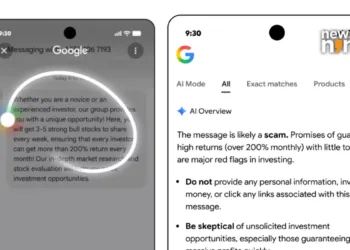After years of defending its dominance, Google is facing serious antitrust challenges that could fundamentally change its business. The company is battling two significant legal fronts, with the U.S. Department of Justice (DOJ) pushing for measures that may open doors for competitors.
A Google monopoly was already established by a federal judge last year, and a second judge just ruled that its monopoly extends to ad tech.

Table of Contents
Google Battles DOJ in Antitrust Cases: Remedies Could Reshape Search and Ad Tech Markets Significantly
This week, Google will enter the next stage of the first action, a three-week trial in Washington, D.C., where the DOJ will argue for remedies to restore competition in online search. Google has vowed to appeal both rulings, however, first it must face these remedies trials in which the DOJ will propose, among other things, ordering Google to divest of its Chrome browser, share search data with competitors, report new AI investments, and cease exclusive arrangements with phone and browser manufacturers.

Although these proposed remedies may sound drastic, they are the most significant antitrust threat to a major tech company in the U.S. in decades. Outside the U.S., Google has been fined and forced to change its business to comply with international antitrust laws, but those actions don’t come close to the remedies the DoJ is seeking. If it succeeds, the DOJ may be able to break up Google’s lucrative partnership with Apple and even give companies such as Microsoft access to valuable data.
In the initial phase of the trial, Google made the case that its prowess in search stemmed from superior product offerings. In this stage, though, Google’s going to defend itself against judges who have already ruled that it abused its dominant place. In the ad tech case, the DOJ wants to break up Google’s monopolistic grip on the ad market, potentially requiring it to separate its ad server and exchange services.

Although these changes might seem less dramatic than forcing the sale of Chrome, they could transform the digital ad landscape and benefit publishers struggling under Google’s dominance. Looking ahead, both cases may take years to resolve, with appeals and potential settlements delaying any major changes. Still, experts agree that the outcome of these cases could reshape the tech industry, similar to the impact of Microsoft’s antitrust case 25 years ago.
FAQs
What is the DOJ seeking in the Google antitrust cases?
The DOJ wants remedies like selling Chrome, sharing search data, and breaking up Google’s ad tech monopoly.
How could these cases impact the tech industry?
These cases could lead to major changes in Google’s business model, affecting the search and advertising markets.








